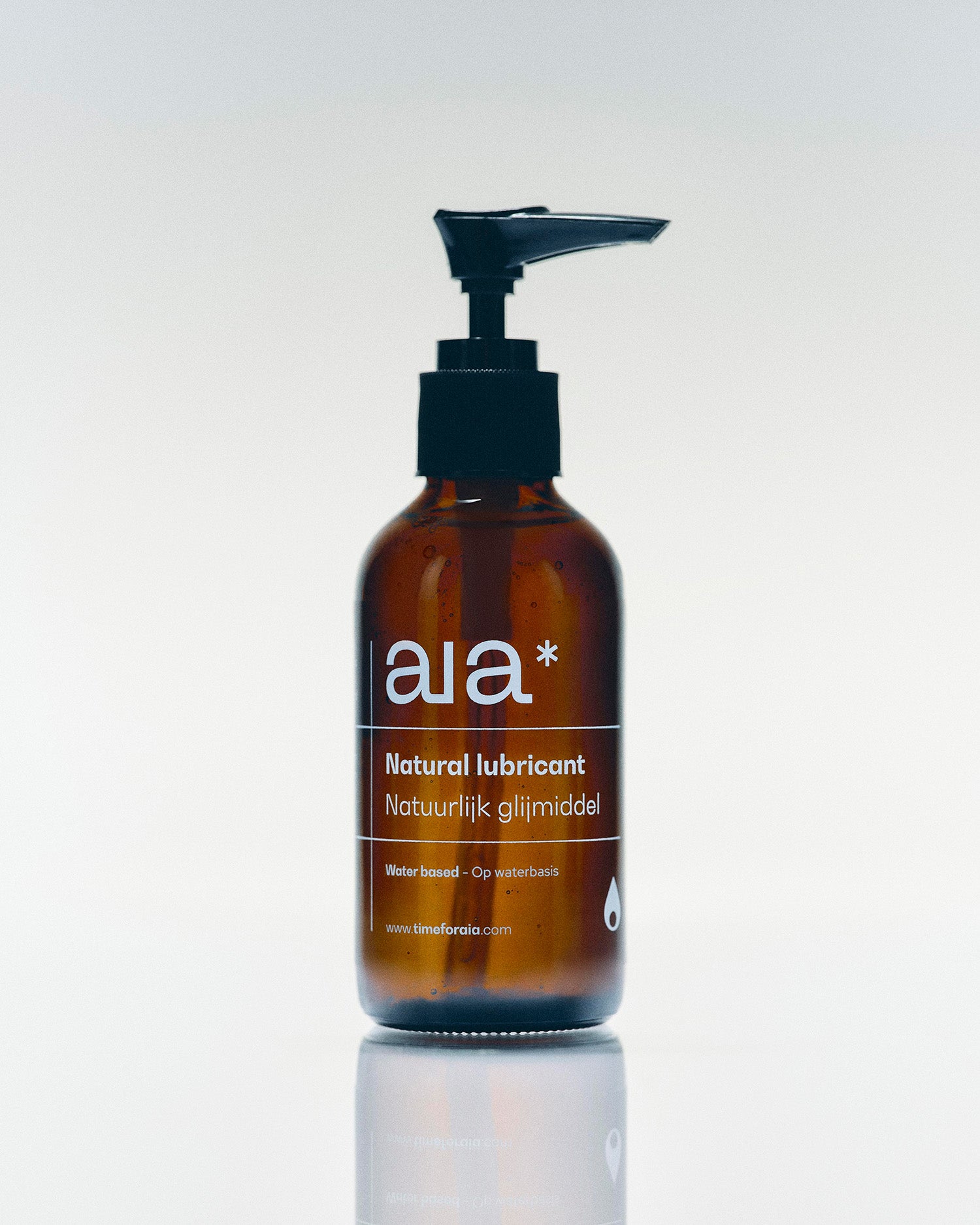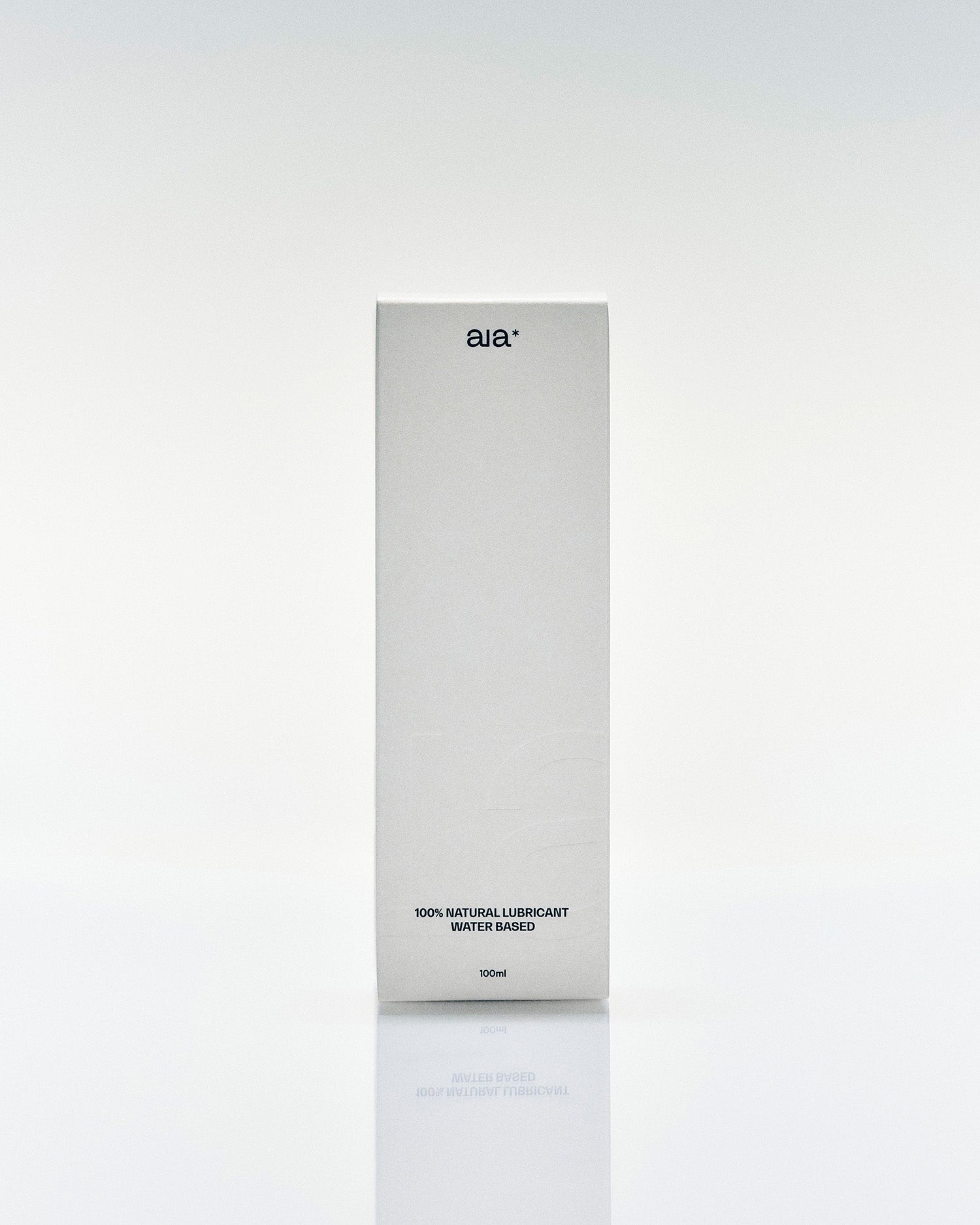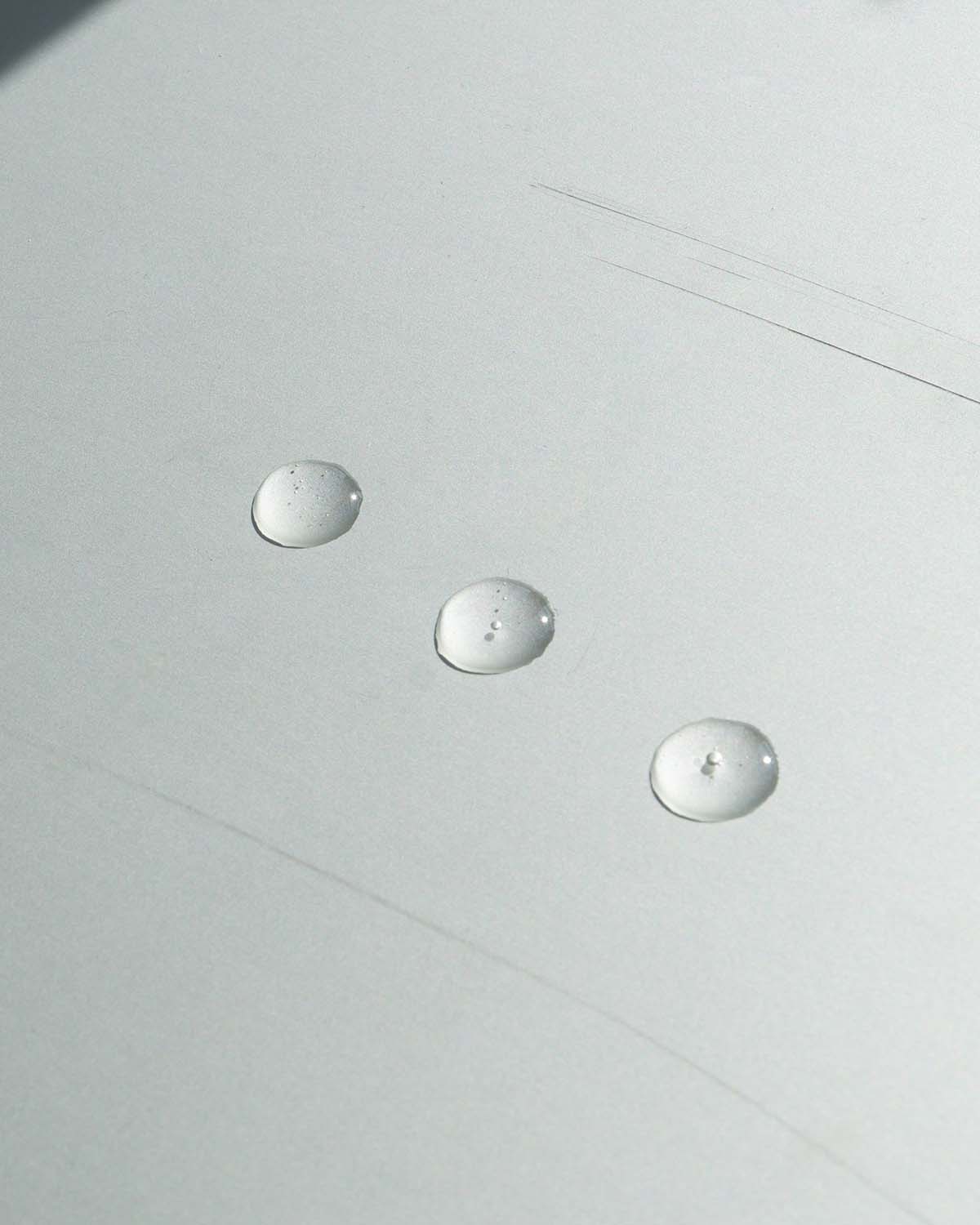When trying to conceive, many couples focus on timing, diet, and overall health, but there’s another aspect of reproductive health that often comes into play: lubrication. While lube can enhance comfort and pleasure during sex, its role becomes even more crucial for those experiencing vaginal dryness or discomfort, which can be common among those trying to conceive.
The Importance of Lubrication
Vaginal dryness can be caused by a variety of factors, including stress, hormonal changes, and certain medications. During the pre-menopausal phase, approximately 42% of individuals experience vaginal discomfort during sex. For those actively trying to conceive, this number is even higher. Lubrication can alleviate this discomfort, making the experience more enjoyable and reducing the likelihood of pain or irritation.

The Effect of Lube on Pregnancy
However, not all lubricants are created equal, especially when it comes to fertility. Some lubricants can be detrimental to sperm motility and viability, which are critical for conception. This has led to the development of "fertility-friendly" lubricants, specifically designed to support sperm health.
The main benefit of using a fertility-friendly lube is its minimal toxicity to sperm. However, it's crucial to note that while these lubes provide a more conducive environment for sperm, they do not increase the chances of pregnancy compared to not using any lube or using non-fertility-friendly lubes.
Lab Studies vs. Real-World Outcomes
Despite lab-based studies showing that certain lubes can harm sperm, real-world studies do not indicate that lube use significantly affects pregnancy rates. For instance, a study involving over 6,400 women found no significant difference in pregnancy rates between those who used 'sperm-unfriendly' lube and those who used 'fertility friendly'. Another study of 300 women echoed these findings, showing no difference in pregnancy rates related to lube use.
Possible Explanations for Discrepancies
Experts suggest several reasons for the differences between lab results and real-world outcomes:
- Limited Exposure: In practice, lube may not travel far enough to affect sperm.
- Short Contact Time: Sperm move quickly past the cervix, minimizing exposure to potentially harmful substances.
- Increased Frequency of Sex: Using lube might encourage more frequent sex, balancing out any negative effects on sperm.
Key Ingredients and Characteristics
If you want to eliminate all potential risks, here is what you should consider when selecting a fertility-friendly lube:
- pH Level: Fertility-friendly lubes typically have a pH around 7.0, matching the pH levels of semen and cervical mucus during ovulation, which is ideal for sperm survival.
- Iso-osmotic Osmolality: This refers to the number of particles per unit of water. Lubes with an osmolality similar to vaginal fluid (around 270 mOsm/Kg) help prevent vaginal cell damage and reduce infection risks.
- Paraben-Free: Parabens, commonly used preservatives, can disrupt hormones and are linked to fertility issues. Avoid lubes containing butylparaben, methylparaben, or propylparaben.
- Glycerin-Free: Glycerin can elevate the osmolality of lubes, potentially decreasing sperm motility and increasing yeast infection risks.
Our Values
Unfortunately, our lubricant is not suitable as a fertility-friendly lube. It contains glycerine and the pH level is not around 7.0, and therefore is it not matching the levels of semen. Here is a summary of our values:
- Natural Lubricant: pH 4,5 – 5,5
- Delay Gel: pH 5,5 – 6,5
- Stimulating Gel: pH 5,0 – 5,5
- Massage Oil: Not Applicable (pH geldt meer voor waterige oplossingen)
Should You Use Fertility-Friendly Lube?
Given the lack of conclusive evidence from real-world studies, it’s up to you to decide whether to use fertility-friendly lubes. While they do not guarantee a higher chance of pregnancy, they are designed to be less harmful to reproductive cells, providing peace of mind.
Conclusion
In summary, if you’re trying to conceive, opting for a fertility-friendly lube is a cautious choice with no significant downsides. Look for products with a pH around 7.0, that are paraben-free, glycerin-free, and iso-osmotic. The most important thing is to make an informed decision based on your comfort and needs.
By being informed about the types of lubes available and their implications for reproductive health, you can make the best choice for your needs and ensure a more comfortable and enjoyable experience.






